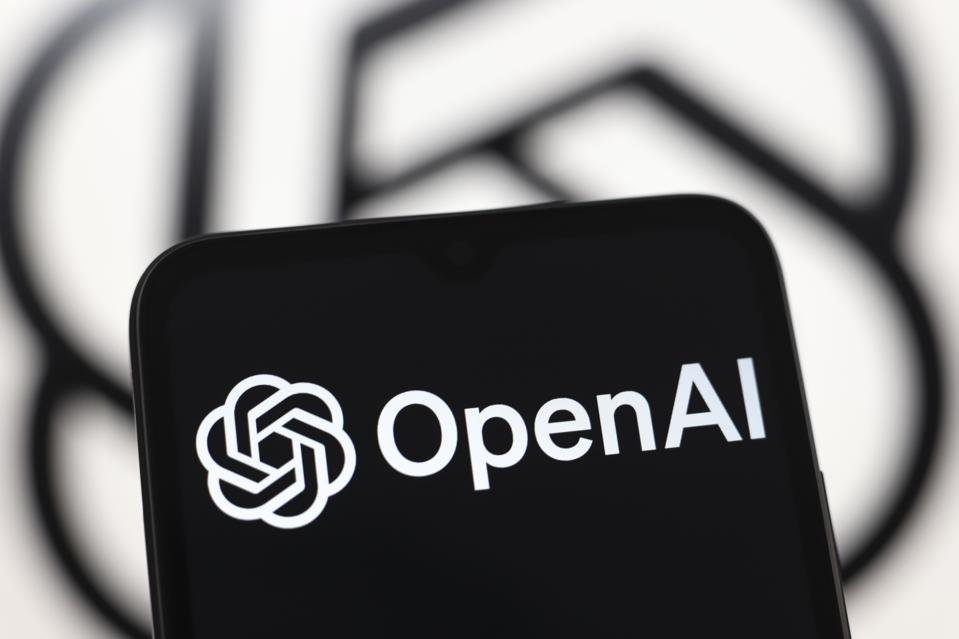OpenAI unveiled its latest artificial intelligence tool Thursday, announcing the release of “Operator,” an assistant designed to carry out a wide variety of web tasks that will first be made available for ChatGPT Pro users.

OpenAI Operator was announced Thursday. (Photo by Jaque Silva/NurPhoto via Getty Images)NurPhoto via Getty Images
Key Takeaways
- OpenAI described Operator as “an agent that can go to the web to perform tasks for you,” saying it is capable of navigating web pages and interacting with the buttons and menus people see on the websites they visit.
- The AI tool can complete a range of tasks including online grocery orders, ticket purchases, refund calculations, lecture downloads and combining PDFs.
- OpenAI noted Operator may make mistakes with some queries and is not fully autonomous, as users may need to input information manually in some cases (e.g. logging in with usernames and passwords).
- Operator also asks users for confirmation before completing tasks like sending an email or completing an order.
- OpenAI said Operator cannot carry out harmful or illegal tasks, and is barred from accessing “preemptively blocked” websites like gambling, adult entertainment and drug and gun retailers.
Who Can Use Openai’s Operator?
As of Thursday, Operator is only available to users on the ChatGPT Pro plan, which costs US$200 a month, though OpenAI said it plans to expand the tool to other subscription plans including ChatGPT Plus, ChatGPT Team and ChatGPT Enterprise.
Does Operator Collect User Data?
Yes, like ChatGPT, OpenAI uses conversations to train its AI models. However, users can opt out of the training data gathered by Operator by turning off ChatGPT’s “improve the model for everyone” setting, which will stop new conversations from being used for AI model training.
Key Background
Operator is one of OpenAI’s steps toward artificial general intelligence, which is defined as the “hypothetical intelligence of a machine that possesses the ability to understand or learn any intellectual task that a human being can,” according to Google, one of OpenAI’s largest competitors in the AI market.
The AI race between OpenAI and other players like the Google-funded Anthropic and Elon Musk’s xAI heated up quickly this year, as OpenAI—which partners with Microsoft—announced its involvement in Stargate, a $500 billion AI infrastructure deal with Nvidia. Musk criticized the partnership this week, questioning its practicality and its ability to raise enough money to carry out its goals of creating American jobs and building large data centers.
Look back on the week that was with hand-picked articles from Australia and around the world. Sign up to the Forbes Australia newsletter here or become a member here.


